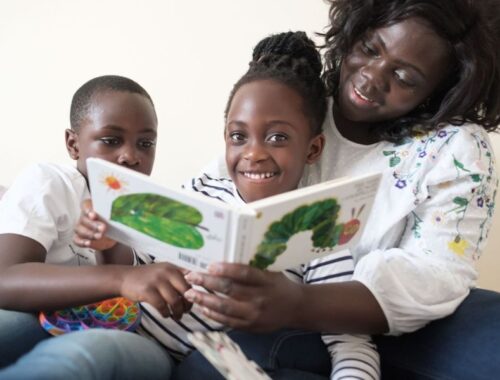Educational, health and care plans
One of the things families raising a disabled child say they are most concerned about is their children’s education. As part of our ongoing relationship with the Department for Education , we have included topical questions about family’s experiences of education, health and care plans in England in our regular Family Poll.

In March 2023 we asked parents and carers of disabled children about their experiences of choosing placement for their child during the development of their child’s EHCP, as well as how saisfied they were with placement, and the appeal process about children’s placements.
In June 2023 we included questions about parent/carers’ experiences of accessing guidance if they had gone to mediation during the process of getting an EHCP for their child.
March 2023 Parent/carer experiences of decision making about a placement for their child to be included in their EHCP
Key findings
- There was high degree of variation amongst parents/carers about how easy they found naming a placement for their child, and how useful they found the information from their local authority about the process
- The majority, 53% of parents/carers, would have liked their local authority to make recommendations about suitable placements for their children, but would have liked detailed information about the potential placement.
- 56% of parent/carers asked for a specific placement to be included in their child’s ECHP, and 81% of parent/carers reported that the placement specified in the EHCP was one of the settings they requested.
- 70% of children attended the placement named in their EHCP. Of the children who were attending their named placement, the most common settings were mainstream school, at 35%, and special school, also at 35%.
- Most parents were satisfied that their child’s placement was meeting their needs, however there were clear differences by placement type as families whose children were attending a special school were more satisfied than those who were attending a mainstream school.
- 64% of parents strongly agreed or agreed that some families are better able to navigate the system and get their preferred placement. Key reasons for this were parental confidence, knowledge, financial resource, social networks. For some families their caring responsibilities could act as a barrier.
- Only 45% of parents/carers said they would appeal a placement decision they considered unsuitable for their child, suggesting many parents did not necessarily feel empowered to challenge decision making.
June 2023: Parent/carer experiences of accessing guidance as part of the mediation process for EHCPs
Key findings
- Only 31% of families had accessed mediation. The majority of families who are supported by Family Fund experience a range of disadvantages including at least one parent/carer themselves being disabled, having multiple disabled children or being single adult households. Feedback from families highlights that the physical, mental and emotional burden of caring for their child is exacerbated when families experience some of these other key challenges. It may be the case that for some families there are barriers in accessing mediation more widely that need to be explored.
- Of families who had accessed mediation, the majority had accessed information, but around 40% of families did not report accessing information to support them in the process. Whilst parent/carers who had accessed information generally found the information easily and reported that it was helpful, we have no data about why the substantial minority of families who did not access support during the mediation did not access support. Future research better understanding those families who went into mediation without advice may prove valuable.
- Trusted professionals were the most important source of advice, with the internet being suggested for most parents/carers as an alternative, although phone and other types of advice were still important. Supporting this diversity in preferences is important.
- Many parent/carers of disabled children have their own disabilities and ensuring advice is accessible to parent/carers is important. A clear theme in the qualitative material was that parent/carers who were neurodivergent themselves found the mediation process and guidance on it difficult to access.
- Parents weren’t really sure about what they wanted from guidance when asked the closed question, but the qualitative responses highlighted a range of possibilities which should be taken into account.
